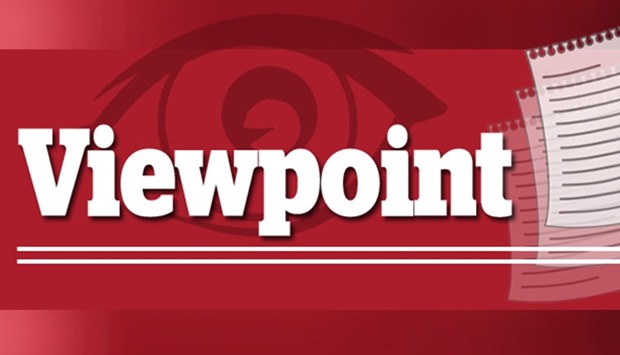The Philippines has been steadily growing in recent years, outpacing most of its Southeast Asian peers. Enter a hothead new president, the country may be veering onto another course; politically and economically.
Rodrigo Duterte, nicknamed “The Punisher” for his strict approach toward criminals, vowed to stamp out crime within a year of becoming the president. Three months into his term, some 3,000 suspected drug dealers and users had been killed, drawing protests from human rights groups, the US and the UN.
The outspoken president has threatened to withdraw the Philippines from the UN, unleashed expletive-laden snubs on the US president, the European Union and the Pope.
The biggest paradigm shift came when Duterte engineered a swing toward China and Russia and away from the US, the Philippines’ major military ally since 1951.
Duterte now faces conflicting factors to take his populist growth agenda forward; some in his favour, some not.
The economy is growing faster than almost anywhere else on the planet (save India). Gross domestic product grew 7% in the three months through June from a year earlier, the fastest pace since the same period in 2013. The $292bn economy is forecast to grow 6.4% this year, the quickest pace in Southeast Asia, according to a Bloomberg survey.
Since taking office at the end of June, the business-friendly president has laid out plans to boost spending on infrastructure, security and education. He is seeking approval to expand the 2017 budget by 12% to $72bn, and to widen the budget deficit to 3% of GDP from a projected 2.7% this year.
But investor confidence is faltering and exports, the nation’s largest source of foreign-exchange, have fallen for 17 straight months. The peso is trading near the lowest level in seven years, the worst-performing Asian currency after the yuan in 2016, while stocks have fallen 5.6% since Duterte took office. Remittances, which account for a third of GDP, are forecast by the World Bank to increase 2.2% to $29bn this year, the slowest pace in a decade.
A quarter of the population remains in poverty (behind only Myanmar in Southeast Asia). Decades of conflict in Muslim-dominated Mindanao have left the southern island with the highest poverty rate in the country.
Duterte did bring home funding and investment pledges worth $24bn from his visit to China. But more than three-fourths of Filipinos say they have “much trust” in America; less than one-fourth say the same about China. The Filipino military may have little interest in replacing American weapons, logistical support and training with Russian and Chinese technology.
Duterte’s popularity remains high, though. He is the highest rated and most trusted government official in the country, according to a Pulse Asia survey. But the latest 86% rating is a dip from the 91% in July.
Duterte, who’s inherited a vibrant economy with strong fundamentals, needs to deliver on his growth pledges to reassure investors. Winning the election has proven easier for Duterte, but the task of bringing substance to his promises may not.

